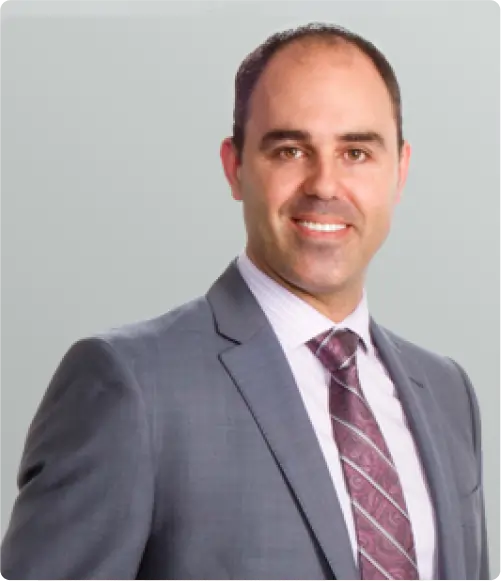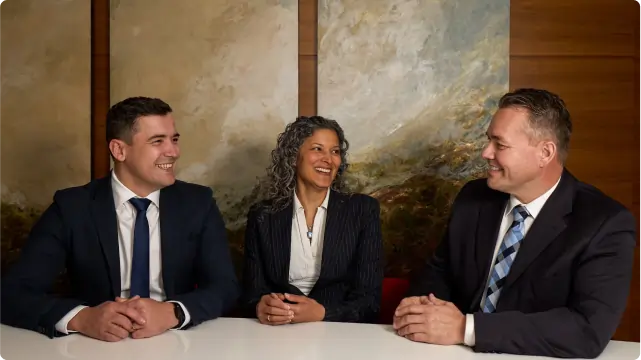Have you been defrauded in the foreign exchange market?
You are not to blame, and your funds can be recovered. Our skilled Canada lawyers are ready to advocate on your behalf.
Start your claim
How Forex scams are carried out
They know their targets
Scammers are clever and deliberate. They focus on individuals striving for a better future, taking advantage of the complicated nature of currency trading. They understand precisely what to say and the perfect timing to draw you in.
They rely on intricate terms to confuse you
They discuss charts, signals, AI tools, and guaranteed returns—all crafted to sound believable. But beneath these promises lies a scam disguised as a savvy investment. You’re not naive for trusting them. You were deceived.
They pressure you to act quickly
Exclusive deals. Limited-time trades. “Decide now or lose out.” Scammers rely on pressuring you. If you’ve ever felt hurried or forced into choices you normally wouldn’t make, you’re not alone—and it’s not your fault..
Categories of Forex scams

Non-regulated brokers
The Forex market attracts many unregulated brokers. These fraudsters manipulate prices, promote risky trades, and pressure you to keep investing until you lose everything. Since they operate without regulation, protection is limited. However, with the right assistance, you can hold them responsible. That’s where we come in.
Authorized brokers
It’s not only unregulated brokers you need to be cautious of—regulated brokers can also mislead investors. There have been numerous instances where brokers engaged in risky trades or neglected clients’ best interests. If this happens to you, our skilled legal team is ready to help recover what belongs to you.
Fraud tactics
Scammers rely on fake websites, social media advertisements, and unsolicited phone calls to gain your confidence. Some go as far as cloning legitimate companies, making it difficult to distinguish between genuine and fake. Justproforex and Uniglobe are recent examples highlighting the sophistication of these scams.
FAQs
- Is Forex trading a real opportunity or a fraudulent scheme?
- Why do individuals get caught in Forex trading scams?
- How to safeguard against Forex trading scams
- How do I check if a Forex trader is licensed?
- What organizations regulate Forex markets?
- How should I respond if I’ve fallen victim to a Forex broker scam?